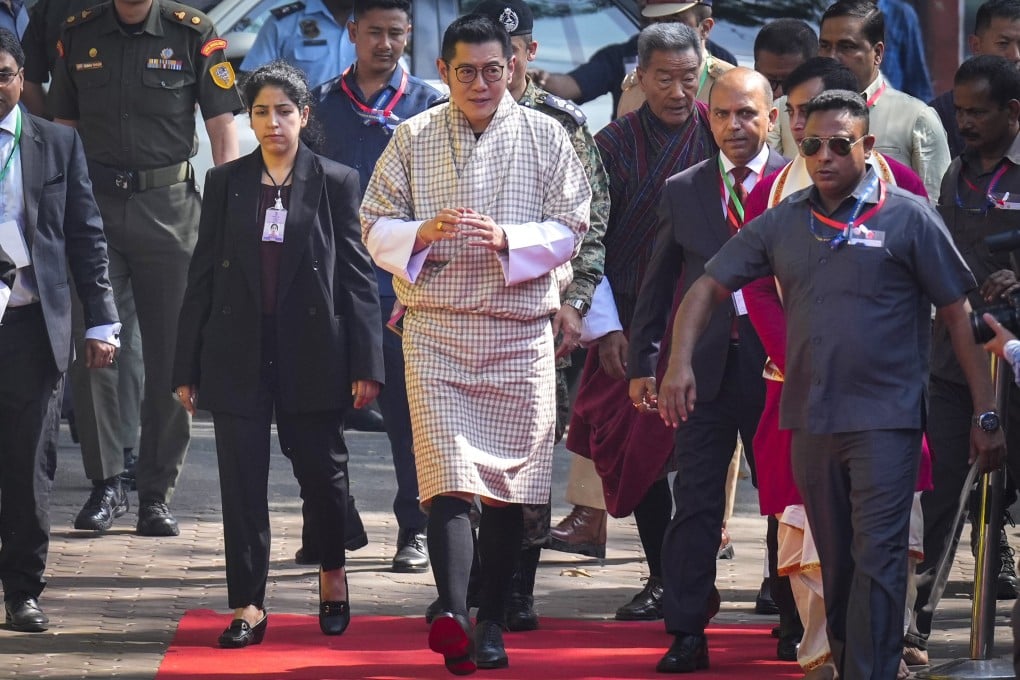Can King Jigme’s Delhi visit ease Indian concerns over Bhutan-China border talks?
- India’s biggest concern is Bhutan could cede land to China that is close to the Doklam area which connects northeastern India to the rest of the country
- Bhutan-India ties have historically been strong, and New Delhi has wielded influence in trying to take care of Bhutan’s security interests

Bhutanese Foreign Minister Tandi Dorji’s statement last month that the nation was seeking to quickly settle a decades-long border dispute with China, and establish diplomatic relations with Beijing, had sounded alarm bells in Delhi as the Himalayan nation is a close ally.
“The indications are that they [Bhutan and China] are close to a border agreement. The [Bhutanese] king is visiting to soothe New Delhi’s concerns,” said Manoj Joshi, distinguished fellow at the Observer Research Foundation.

“I have a feeling that Doklam will not come into the picture,” Joshi said.
Indian and Chinese troops were locked in a stand-off over the strategic region in 2017, where the borders of the two countries and Bhutan meet. Special representatives from each country had then agreed that all the three nations would be involved in talks over the area.
However, that was not a formal agreement, Joshi said. As long as the Doklam area was left out of the China-Bhutan border talks, India was likely to have no problems, he added.

